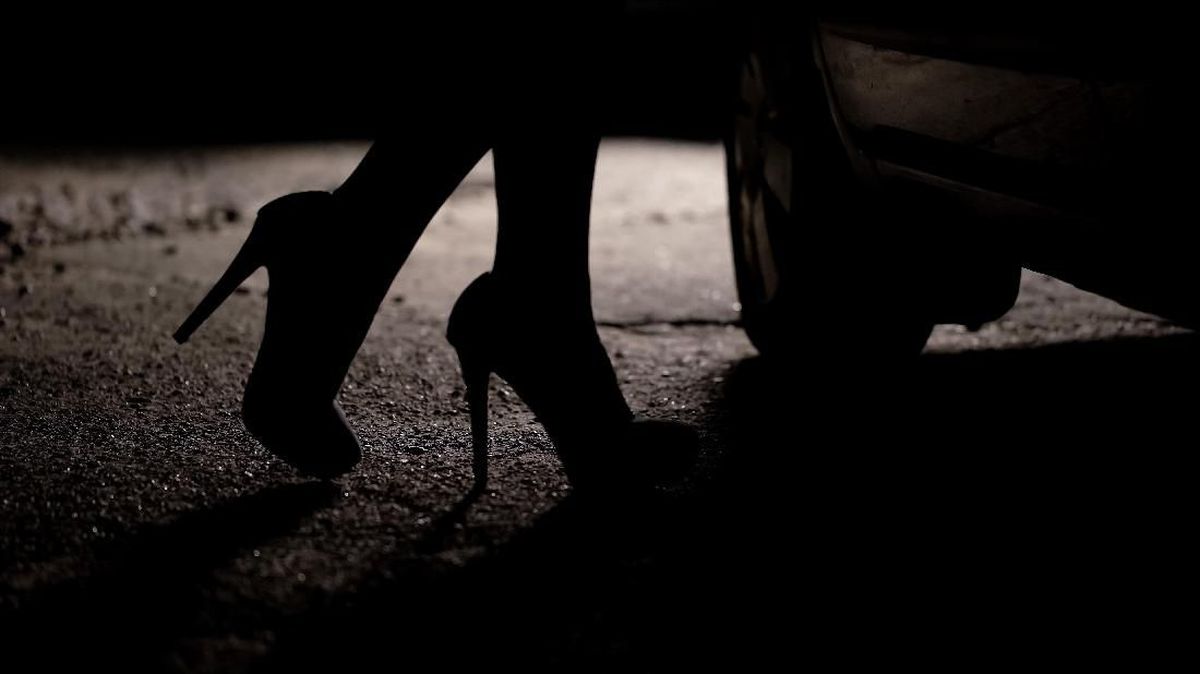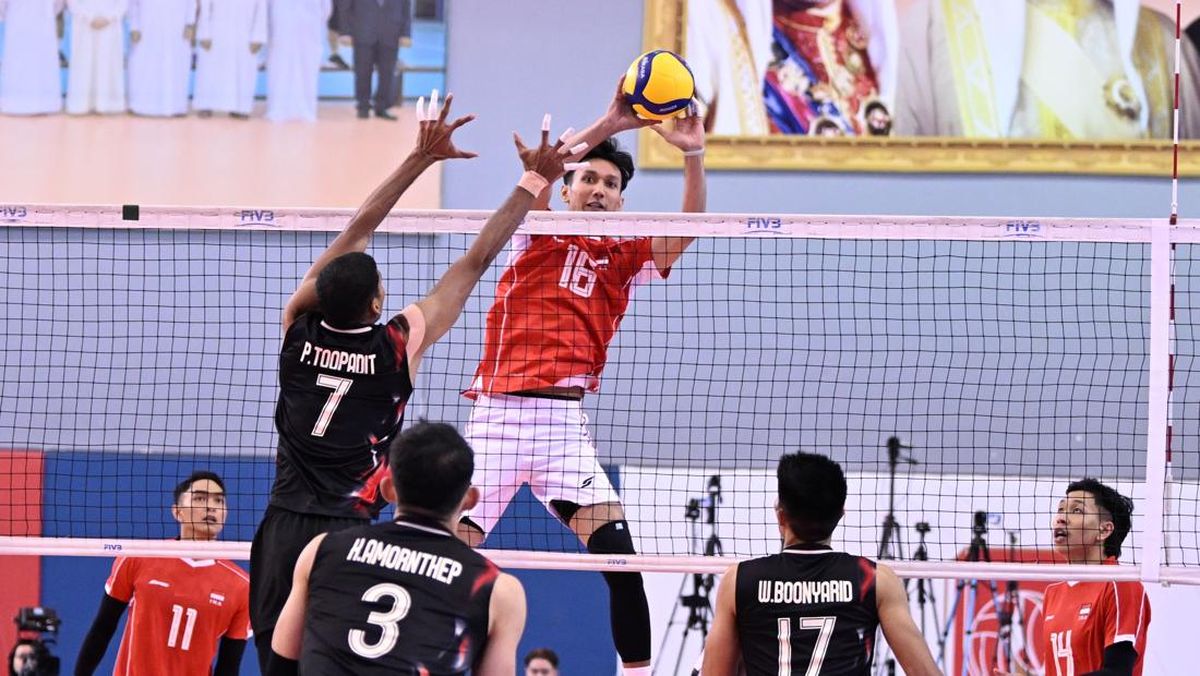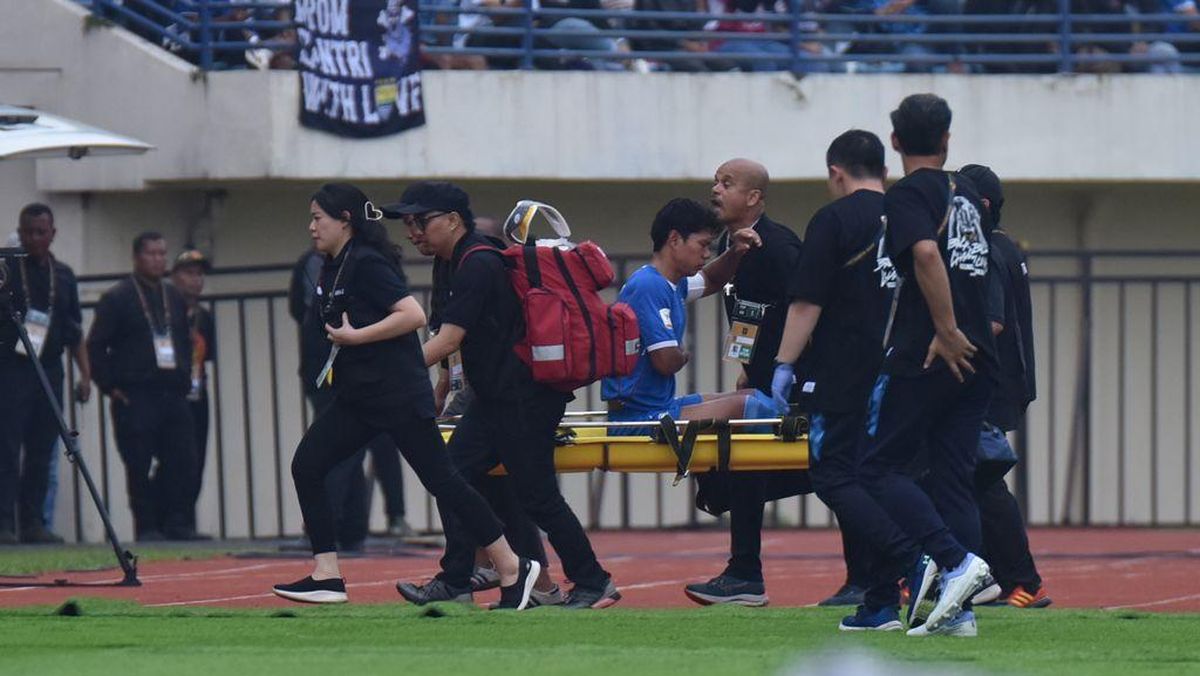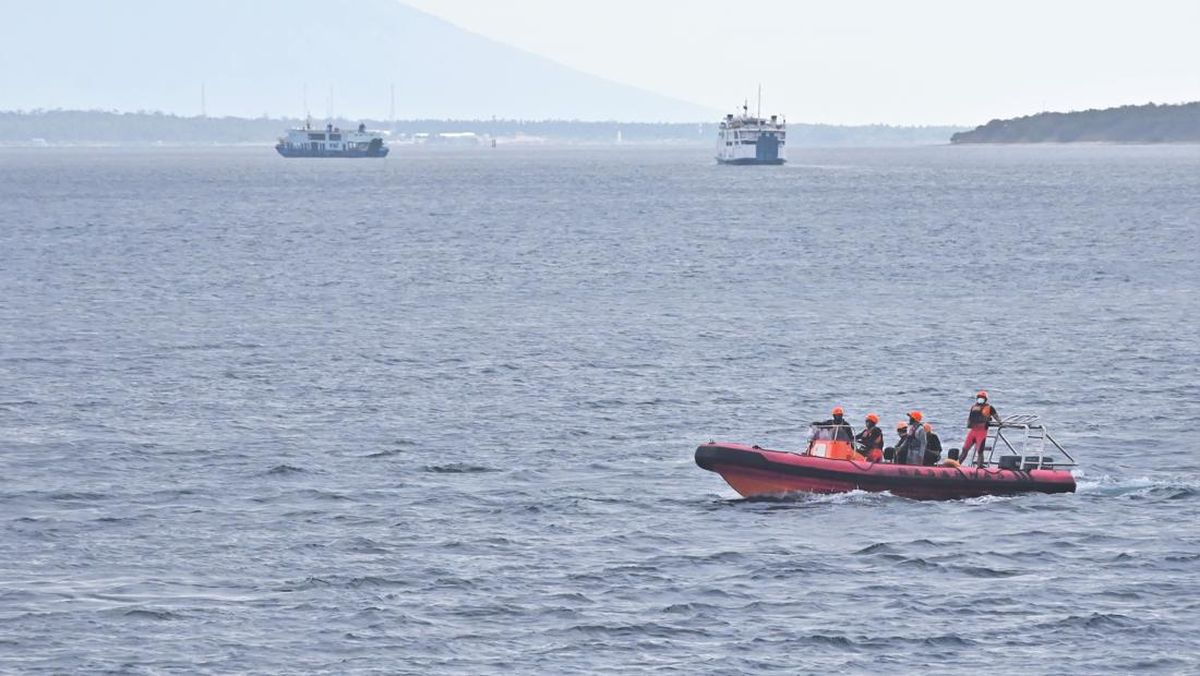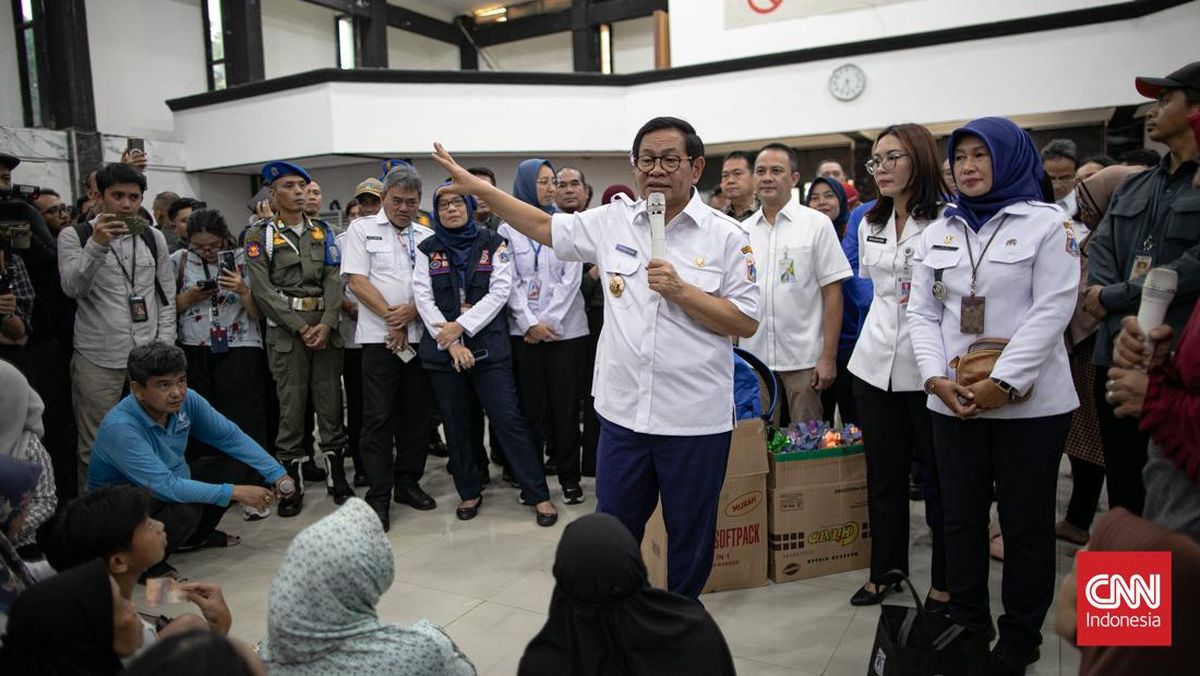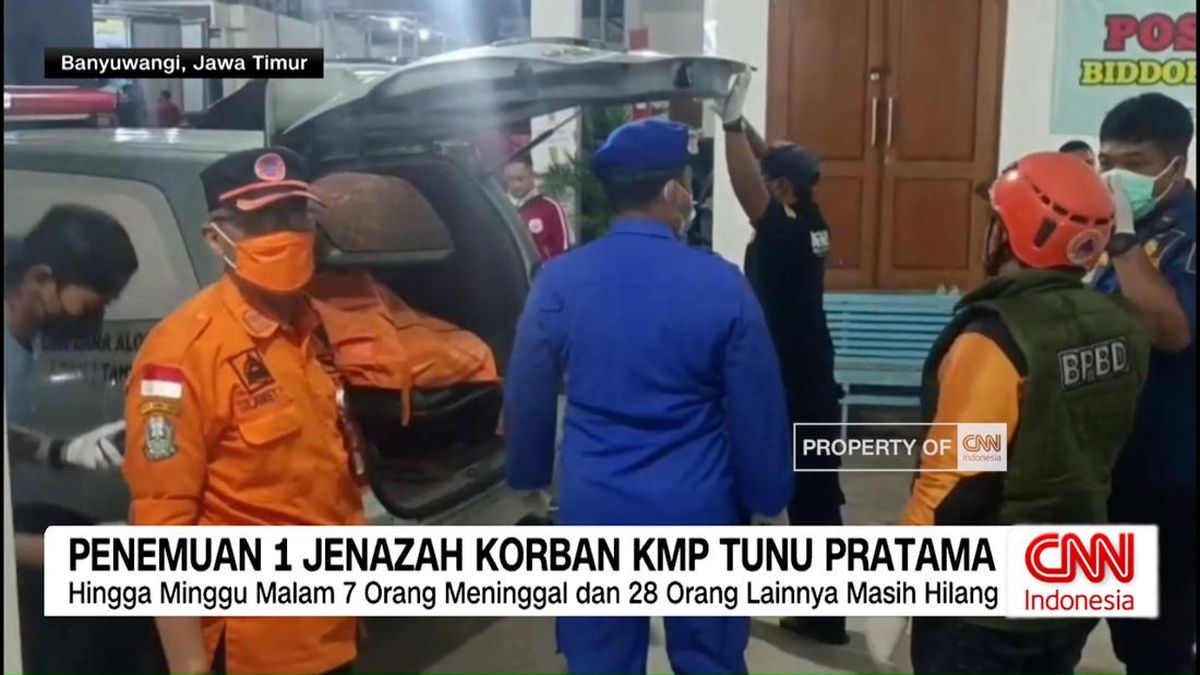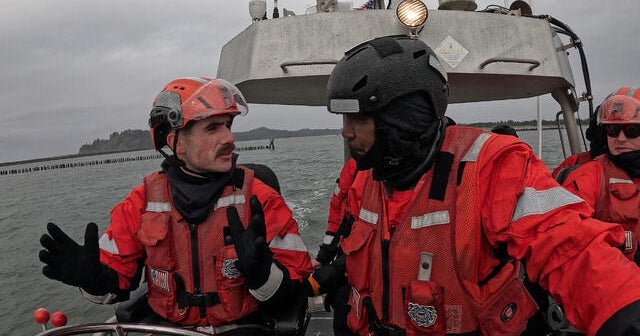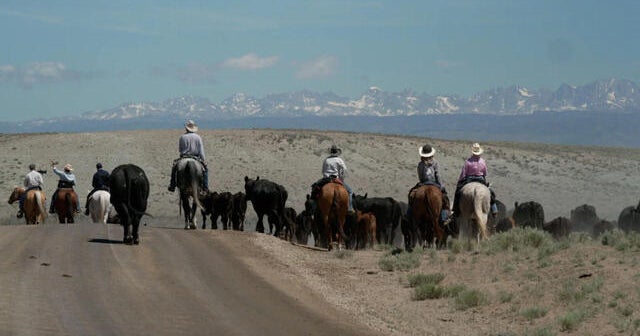They are women separated by rank, age and service history but bound by something Australia’s military doesn’t mention in its slick recruiting advertisements: a life-shattering experience of alleged sexual predation followed by a systemic failure to deal with it.
Their stories contain their own shocking twists, spelt out in Defence reports or other secret material obtained by this masthead and 60 Minutes.
There is the accused rapist turfed out of the military who reappeared as a government-vetted Defence contractor for consulting giant Deloitte – only to be charged a second time with rape.
Another case involves a high-ranking special forces officer who groped and dry-humped a fellow female officer at a crowded military reunion.
A third involves secret military inquiries concluding a military base commanding officer mishandled the alleged rape of a young female officer by making the accused rapist’s welfare his “paramount” concern and second-guessing the Director of Public Prosecutions.
At a Queensland base, a junior airwoman was held at knifepoint and ordered to perform oral sex by a more senior male colleague and then, minutes later, directed by her superiors to drive her attacker home.
This victim was ultimately forced from the defence force and hit with a military gag order the ADF refused to budge on.
Each woman’s case is different, but their anger arrives at the same place: the failure of Defence and, more recently, the Albanese government to implement change that helps victims heal as well as protecting servicewomen and those yet to join.
The recent royal commission into defence suicides was clearly frustrated at a system that, despite an extensive and years-long list of credible voices and major inquiries demanding change, still protects rapists, harassers and abusers.
“Sexual misconduct remains a systemic issue for the ADF. This has been the case for decades, and it will continue unless the ADF commits to deep, systemic reform,” the royal commission concluded.
“In our assessment, the ADF must make significant improvements before it can confidently say it is doing all it can to protect its members from the risk of sexual misconduct at work, and the associated risks of suicide and suicidality,” it said.
And yet, more than nine months after the commission demanded a fresh, focused inquiry into military sexual violence, victims have joined the ADF top brass in waiting for the Albanese government to announce who will lead the inquiry and what form it will take.
Even Lieutenant General Natasha Fox, who as Australian Defence Force chief of personnel is leading reform efforts to combat sexual violence, is in the dark.
Asked to respond to the women now speaking out, Fox, who is the most senior woman in the military, appeared to be holding back tears. “We have failed people and I’m incredibly sorry,” she said.
“I’m sorry we weren’t there when you needed us.”
In June 2022, former major Donna Manton picked up a copy of The Canberra Times to discover an article detailing how a director of consulting giant Deloitte’s defence contracting business had been charged with nine counts of rape.

Donna Manton (left) and during her time in the army.Credit: Aresna Villanueva
She immediately recognised the accused man’s name. Fifteen years earlier, military prosecutors had charged him with raping Manton when both were army officers.
The alleged assault was said to have occurred after Manton, returned from an exhilarating seven-month deployment to Iraq, was posted to Staff College for an intensive, year-long leadership course alongside others earmarked as the military’s future top brass.
Her alleged attacker was among them, a trusted fellow officer Manton had known for years. What happened during a boozy evening on a Staff College work trip in 2007 would change both their lives.
Manton later told military investigators that after she became heavily intoxicated, the officer—who had barely interacted with her during the evening—ended up in a room where he allegedly forcefully sexually assaulted her.
“When he left, I just remember getting in the shower and vomiting and scrubbing, scrubbing and scrubbing,” she recalls.
She stayed under the running water for an hour. The fallout, though, was only just beginning, and included bouts of intense self-loathing.
“It broke my trust in myself, because I always thought I would fight back … and I didn’t,” she says. There was also anger, not just against the man she accused of defiling her, but against the army itself.
Manton discovered her accused was already facing grave allegations of sexually predatory behaviour—allegations that would later be proven before a defence tribunal and force him out of the military – at the time of her alleged assault.
“If they’d have suspended him from duty, he’d have never have been able to assault me. They already knew that he was predatory.”
Manton reluctantly agreed to formalise her complaint against the officer after a more senior female commander told her that if she didn’t do so, other women in army could be at risk.

Manton came to believe her alleged rape was not an aberration.Credit: Rohan Thomson
Yet even after a major internal military inquiry that ultimately led to the officer’s rape charges being heard by a defence force court, Manton was forced to remain in close proximity on a base with him for months, “sitting in the same lecture theatre as him every day”.
She was told that suspending or moving the accused man to another base would prejudice his career.
“My safety wasn’t as important as his career progression,” Manton recalls.
She came to believe that her alleged rape was not an aberration; it was a continuation of a culture that, in small and big ways, normalised the degradation of woman.
In 1991, her selection panel of senior male officers to gain entry to officer training school asked whether she would “have any problems with being a woman at Duntroon”.
She responded she had “never had a problem with being a woman because I’ve always been a woman”, then watched a male inquisitor’s face harden. She quickly discovered why.

Manton has spoken out about her treatment in Defence.
She recalls that while an officer in training she entered the shared recreation room at Duntroon to witness her fellow male trainees masturbating openly in front of pornography.
Female cadets were routinely pressured to have sex with their male peers, then slut-shamed if they did and ostracised as lesbians or frigid if they refused.
Manton says safe harbour was found by dating a senior and popular male cadet. Otherwise, the females were fair game.
They were told that if they made a complaint, their careers would be compromised.
When Manton was assaulted by a senior male instructor, this was the warning she was given. The same thing happened when an officer tried to attack her while she showered in Duntroon.

Manton says she was mistreated by officers.
“To get some poor guy in trouble would not wash,” she says, echoing the royal commission’s September 2024 conclusion that “many victims do not report for fear of repercussions on their career or the belief that there will be insufficient consequences for the perpetrator”.
“For many members, the greatest source of danger comes from within the ADF itself.”
Of the 15 women in Manton’s officer class, just eight graduated.
Manton describes the next few years as immensely rewarding despite a near constant hum of misogyny punctuated by occasionally appalling cases of sexual harassment.
At her first posting on leaving Duntroon, a powerful male figure indecently assaulted two female soldiers and then exposed himself while standing on a pool table. The women were urged to stay silent.
Manton dodged seven months of IED and rocket attacks in Iraq traversing the country training local forces, unsure if the greater threat came from outside the wire or certain colleagues on base.
Her alleged rape in Australia by the officer whom she first met back at Duntroon solidified her belief it was the latter.
In 2008, after months of excruciating delays, a closed-door military trial was held, only for the jury of fellow officers to reach a hung verdict. The ADF’s military justice system shares similarities with civilian criminal courts but is a disciplinary system with a history of shortcomings.

Manton early in her service.
The Military Director of Prosecutions asked Manton to participate in a second secret defence force trial, but she declined, hoping to avoid being retraumatised and in the belief the officer’s second set of sexual misconduct charges would ensure his expulsion from the army.
Manton’s hunch was right: he was convicted and sacked. But her relief was short-lived.
Within months, the now-ex officer was back working with the military via giant defence contractor Capgemini, beginning a highly successful career that would ultimately see him given a sensitive security clearance by the federal government.
In 2021, he joined consulting firm Deloitte as a director of its defence business, describing his work as a “mission” to “support the defence and national security interests of Australia”.
When Manton first spotted the ex-officer back inside Defence headquarters, she queried her superiors about how a man “kicked out of the military because he is a risk in the workplace” could be allowed to “walk back into the same workplace without his uniform on”.
Loading
She was told Defence could do nothing unless he re-offended in the civilian world.
The last time Manton spotted her accused assailant’s image was in the paper in June 2022, after he had been charged by the ACT Director of Public Prosecutions with raping a woman he’d met on a dating app.
Deloitte ended his “mission” in October 2022, although a review of his personnel files revealed the firm knew nothing of his sordid military justice entanglements while in uniform.
The ACT charges were ultimately dropped by prosecutors without explanation in August 2023, but his defence career was still longer than that of Manton.
After more than 30 years of military service and deployments to Iraq and Afghanistan, she quit in 2021, but not before enduring another appalling incident.
In 2017, while she was posted with Special Operations Command, an officer she worked with, a colonel earmarked as a future army leader, groped Manton at a reunion of Duntroon graduates.
The man grasped her breasts and pressed his groin against her from behind, simulating sex. Manton remembers asking herself: “What am I doing wrong? When does this stop? When can I go out for a drink with guys that I’ve known for 25, 30 years and not have to worry about being assaulted?”
She had another realisation: “It was better for me that my humiliation was public because I’d be believed.”
This time, with witnesses, there would be no hung jury. A military tribunal convicted the colonel of gross misconduct. When Manton was told he’d been sacked, she sobbed with relief.
Her remaining six years with the military would be haunted by questions. If a special forces colonel thought he could get away with publicly groping a 47-year-old major with a 25-year service record spanning two deployments, what dangers would confront a junior officer on a remote base?
On her first posting, as a flying officer at RAAF Tindal in the Northern Territory in 2019, Jordyn Gray appeared every inch the beaming woman from the Defence advertisements that had drawn her to the military.

Jordyn Gray (right) and during her time in the RAAF.Credit: Aresna Villanueva
“It was everything that I ever dreamed of. It felt like it was my calling. I never envisaged a life where I wouldn’t be in the air force.”
Bright, ambitious and supposedly trained and posted within a reformed military culture, Gray would nevertheless confront the same challenges faced by Manton. They were more subtle, but ever lurking.
During her three years of officer training at the Australian Defence Force Academy in Canberra, Gray recalls slut-shaming, sexual objectification and “multiple high-level cases of sexual assault that were experienced” by women around her.
She recalls a senior female officer nonchalantly telling her after her assault: “Jordyn, rape is just a WH&S issue … it happens to everybody.”
When Gray queried her superior, she responded: “It’s happened to me. It’s happened to all of my friends.”
The royal commission’s September 2024 report suggests that the officer wasn’t exaggerating.
The commission described defence data showing almost 800 reported sexual assaults over the previous five years, a number it warned concealed the true scale of the problem given an estimated under-reporting rate of 60 per cent and the military’s failure to “accurately quantify” all cases of sexual misconduct.
The commission also found that an unknown number of ADF personnel with sexual offence convictions for attacks on their colleagues were still serving.
Defence could not say how many offenders were in its ranks “even where the offences have been perpetrated at work against another member.
“To say we find this concerning is an understatement,” the commission said.
Despite the warning signs around her, Gray always believed it “would never happen to me”.
This changed on a Saturday night at RAAF Tindal. Gray was celebrating an alcohol-fuelled housewarming in the residential section of the base when, heavily intoxicated, she blacked out.

Jordyn Gray at the Tindal base.
The next thing she recalls was waking up “feeling incredibly cold in a severe amount of pain”.
Lying next to her was a naked man, a military colleague she couldn’t remember ever speaking to. Panicking, Gray raced to the shower only to discover she was covered in bruises and scratches down her legs and lower back. As Manton had done 15 years earlier, Gray desperately sought relief under a shower, but couldn’t find it.
It was only in the Katherine Hospital, when a sexual assault specialist asked her to describe the pain radiating through intimate parts of her body, and then asked her to undertake a rape kit exam, that the gravity of what was occurring set in.
Under mandatory reporting rules, hospital staff alerted police to what they said was a suspected rape.

Gray claims she was mistreated during her service.
After police subjected Gray to intensive interviews and collected other witness statements and forensic evidence, they informed her the Northern Territory Director of Public Prosecutions had reviewed their investigation and concluded there was a reasonable prospect her alleged attacker would be convicted of having sex with her without her consent.
Astonishingly, the man facing rape charges was permitted to remain on base, where he easily sidestepped rules meant to prevent accidental encounters.
“In the months that followed me making that allegation and going forward to the police, I ran into him on multiple occasions,” she says. “It felt like nothing was going to stop that.”
Things became worse, with legal, financial and moral support seeming to flow from the air force to only one of the impacted people: her alleged rapist. Some on base were supporters, but others ostracised her.

“I never put a uniform back on after that verdict”: Jordyn Gray.Credit: Glenn Hunt
Gray could attend social events on the remote base only if accompanied by a senior officer. After several months, and with the trial date still uncertain, her commander suggested she move on.
Gray claims she was told it was “no longer viable for you to be here”. She was ultimately posted to a new base in south-east Queensland. In contrast, her alleged attacker remained at Tindal.
Gray describes the intense isolation she experienced during the months leading up to trial as the “worst period of my life”.
It was not about to get better.
Gray vividly remembers receiving a phone call from the prosecutor after learning the jury had returned its verdict after the delayed trial had finally resumed.
“He said, ‘Look, Jordyn, it’s not gone our way, but I need you to hear me when I say this. It’s not guilty, but it does not mean he’s innocent. It just means there wasn’t enough evidence to convict.’”
The last few threads holding a young woman to her dream of a military career were now badly frayed.
“She wasn’t there any more,” Gray said. “She never came back. I never put a uniform back on after that verdict.”
While the not guilty verdict cast eternal uncertainty over Gray’s allegation according to the criminal court standard of “beyond reasonable doubt”, what is not in doubt are damning assessments from confidential internal inquiries launched by the air force and the defence Inspector-General into her treatment by her superiors on base after police moved in to investigate.
A 2022 air force report criticised a high-ranking officer for having “only considered the welfare of the accused” rapist rather than his alleged victim “when making the decision not to suspend or post the accused”.
“No serious consideration was given to the possibility of posting [to another base] or otherwise moving” the airman, instead of leaving him within the same workplace as Gray.
The report states that, quizzed about this failure, the commanding officer blamed staff shortages, prompting a rebuke that this was not “reason enough” to keep an accuser close to his alleged victim.
The 2022 air force investigation also found that the orders surrounding how Gray could conduct herself on base after the rape charges were laid meant she “could not escape the effects of your complaint on a daily basis” and that “remaining in close proximity to the accused under these circumstances had a significantly adverse effect on your mental health”.
This meant Gray was left with no choice but to move to another base.
Accordingly, the inquiry ultimately concluded that the air force should change its policy “to explicitly require COs [commanding officers] to consider posting or otherwise moving an accused once charges have been laid”.
It warned that future failure to “fully consider the situation of both parties when making decisions … risks creating a situation where the complainant believes the accused is being protected by the organisation”.
So too did the inappropriate decision of a senior squadron officer to “second-guess” the Northern Territory DPP’s decision to pursue charges in weighing how he should treat the accused and the victim on base.
“Regrettably in this case … CO [commanding officer] believed that second-guessing the DPP’s decision was a legitimate managerial consideration,” a move informed by poor legal advice but which nevertheless “exposes Air Force to reputational risk precisely because it unavoidably appears to question the complainant’s credibility.”
The independent Inspector-General of the ADF also investigated Gray’s case, finding serious potential failings in the decision to fund what appeared to be extra legal support for the accused man in a manner that not only lacked transparency but may have been grossly unfair to Gray.
Gray is still awaiting a second Inspector-General’s final report on whether this support should have been provided.
The earlier air force report details how the commanding officer who bungled aspects of her case was “counselled” by no less that the chief of the air force.
Gray is sceptical about the effectiveness of this dressing down.
Before she was medically discharged in 2023, the commanding officer was promoted.
In its closing remarks, the air force’s internal inquiry applauded Gray’s “courage and resilience” in exposing “substantial policy gaps” that risked leaving more victims feeling abandoned, and promised change.
Two years later, though, the Inspector-General found that some of these gaps had been left unplugged.
The ensuing royal commission suggests that was a gross understatement.
It was scathing of the military’s past failures to implement effective reforms, finding that “most managers and commanders have not undertaken dedicated training to respond to reports of sexual misconduct” and there exists “no specific return to work policy for victims of sexual misconduct [or] … personnel systems … designed to ensure victim safety”.
That is why Gray is not waiting for Defence to change. In 2023, she launched the Athena Project, a defence sexual violence victims’ peer support charity.
Gray was quickly inundated with complainants, including many supportive of the royal commission’s demand for a concentrated inquiry into sexual violence in the military.
One of those who called her was another ex-airwoman, Julia Delaforce.
In the 15 years since she was trapped in a room with a machete-wielding corporal demanding oral sex, Delaforce had been something of a one-woman machine quietly taking on the system that sought to cover up her treatment.

Julia Delaforce (left) and during her time in the military.Credit: Aresna Villanueva
The “quiet” part of her campaign was enforced.
In 2013, when Defence agreed to settle her complaint, Delaforce in turn agreed to never speak ill of her former employer. She was effectively gagged for life.
Delaforce joined the air force in 2005 and was working at an RAAF Base in NSW in 2010 when she was directed by her superiors to assist a corporal who appeared drunk and mentally unstable.
She was left alone with the man, who proceeded to brandish a long blade, demand sexual favours and engage in a series of erratic behaviours that Delaforce found “terrifying”.
“I thought I would be raped,” she recalls.
Delaforce managed to flee the room, only to be instructed by her superiors she should re-enter it, calm the drunk corporal down and help drive him home.
“The warrant officer says to me that I need to go and get him a cup of water to sober him up and, and give him his car keys,” she says of the order.
“I said, ‘Yes sir, I’ll do that.’”
Military police finally intervened and removed her assailant, but after the incident Delaforce says Defence failed to investigate what had happened or charge the corporal. She responded by lodging her own complaint, confronting a system that seemed uninterested in her treatment and, over time, increasingly annoyed that Delaforce would not let it go.
After three gruelling years and with Delaforce believing she had no choice but to abandon her military career due to the trauma of the incident and the battle to have it properly investigated, Defence agreed to settle her complaint. The deal the military offered her meant she could never talk of the events of 2010 again.
With a few strokes of a pen, Delaforce signed away her voice, a move she would spend the next decade regretting.
Agreeing to stay silent had unintended consequences. Enforced silence initially brought despair and powerlessness. Then anger. And then, over time, a steely resolve.

Delaforce regretted signing away her voice.Credit: Glenn Hunt
Delaforce wrote to Defence officials and politicians, including her local members, now former prime minister Malcolm Turnbull and several defence ministers, including Richard Marles. She contacted the Human Rights Law Centre’s Whistleblower Project, which began to help her free of charge.
Delaforce’s request was always the same. She wanted her voice back. It took over a decade, but she ultimately achieved what may be an Australian military first: the ripping up of a gag clause.
“It feels like it’s still surreal,” she said. “It’s been over a decade of holding my breath. This happened in my late 20s and I’m now in my 40s, so it’s been a huge chunk of my life.
“I can finally talk about what happened and my experiences and be validated by my peers, which is what I needed all along.”

Delaforce has spoken out about her treatment during her time in the military.
She is one of many victims demanding the Albanese government name the new inquiry chief and terms of reference and commit to allowing victims to tell their stories and help shape the change past inquiries have demanded.
Organisational culture specialist Dr Samantha Crompvoets, who was a trusted adviser to former defence force chief General Angus Campbell and who has interviewed hundreds of serving and former defence personnel about their experiences of sexual and other trauma, said the root of the scandal lies in “an absolute failure of the [Defence] leadership to learn from past mistakes and to go beyond the bare minimum of what they’ve been asked to do”.
Those running Defence, she says, have long chosen “the reputation of the organisation over individual lives.
“With all these efforts from external organisations, consultants, internal reviews, external reviews, with all of that having happened … the data is showing that nothing has improved,” she says.
This masthead approached the federal government for comment and was directed to Defence for a response.
While Lieutenant General Fox, the ADF chief of personnel, concedes the defence force’s role in a litany of past systemic failures, she insists the reform efforts she is now leading will make a difference.
Changes include a new central complaints unit, a sexual violence prevention program and legislative reform to make it easier to sack predators.

Chief of personal Lieutenant General Natasha Fox.Credit: 60 Minutes
Fox also urges sexual assault victims in the military to turn to the more powerful civilian criminal system rather the defence force justice apparatus. And she acknowledges that if the military she has served for 37 years doesn’t get the reform process right, it will mean more avoidable tragedy.
She describes sexual violence as a plague that “impacts families, impacts generations ... it has cost people their lives”.
With little faith in the military, victims are now building a coalition, using Jordyn Gray’s the Athena Project as a hub. Delaforce, Gray and Manton are all lobbying for change, their voices combining with those of new victims.

Leah Whittle during her time in the military
All three are supporting still-serving junior soldier Leah Whittle, who last month posted online details of her traumatic experience reporting an alleged rape by a fellow recruit to Defence and police.
As part of their ongoing investigation, police have uncovered audio recordings of the accused man seemingly conceding he had mistreated Whittle.
On one recording the man states: “I was in the wrong. Absolutely, in the wrong … why haven’t I been punished?”
In her online posts, Whittle warns that alleged sexual violence “doesn’t just happen to privates like myself”.
“It happens to specialists. It happens to officers. It happens to people of higher rank. You have legal officers and top brass who will sit here and tell you that your experience is not a Defence issue … and then try and get rid of you like you are a worthless piece of shit.”
Her online posts have attracted support from male and female veterans, although not everyone. One senior soldier used multiple accounts to viscously attack Whittle.
Defence sources confirmed Whittle’s treatment after her police complaint has sparked yet another Inspector-General inquiry.
Yet again, this inquiry has called for improvements to Defence policy to better protect victims of alleged sexual violence. Yet again, victims are waiting for tangible change.
“Despite millions and millions of dollars, at least a decade of concerted effort, resources, money going into trying to fix the problem, really nothing has changed,” says Crompvoets.
While she is deeply sceptical of the defence force’s ability to reform itself, Crompvoets is in strong agreement with General Fox when it comes to the cost of failing to reform.
“More women will be harmed,” she says. “And more lives will be lost.”
If you are a current or former ADF member, or a relative, and need counselling or support, you can contact the Defence All-Hours Support Line on 1800 628 036 or Open Arms on 1800 011 046.
Start the day with a summary of the day’s most important and interesting stories, analysis and insights. Sign up for our Morning Edition newsletter.


